Sucrose Monolaurate Cas 25339-99-5
Appearance: White to yellowish brown grain
Assay: ??99.5%
Packaging:25 Kg/drum
Sample: available
related documents:
COA of Sucrose Monolaurate
TDS of Sucrose Monolaurate
Request for product documents
发送询盘
Description
Sucrose Monolaurate quick details:
Chemical Name: Sucrose Monolaurate
Other Name: Dodecanoyl-D-sucrose; Sucrose laurate ester; Sucrose lauric acid monoester; Lauric acid sucrose ester; Saccharose laurate
Cas No: 25339-99-5
Molecular Fomula: C24H44O12
Molecular weight: 524.6
Appearance: White to yellowish brown grain
Assay: Not less than 99.5%
Sucrose Monolaurate Typical Properties:
Item
Standard
Appearance
White to yellowish brown grain
Identification (1)
Specimen shall pass the test
Identification (2)
Specimen shall pass the test
Acid value
Not more than 6.0
Lead
Not more than 1.0??g/g
Arsenic (as As)
Not more than 1.0??g/g
Cadmium
Not more than 1.0??g/g
Mercury
Not more than 1.0??g/g
Free sucrose
Not more than 5.0%
Dimethyl auifoxide
Not more than 2.0??g/g
Dimethyl formanide
Not more than 1.0??g/g
Ethyl methyl ketone
Not more than 10??g/g
EA,IPA, and PG
Not more than 0.035%(in combination )
Methanol
Not more than 10??g/g
2-Methyl-1-propanol
Not more than 10??g/g
Wate content
Not more than 4.0%
Residue on ignition
Not more than 1.5%
Sucrose Monolaurate Usage
Sucrose laurate is a milky waxy solid. It is soluble in ethanol and acetone. It is a kind of nonionic surfactant with sucrose as sample water base and long chain fatty acid as lipophilic base. The more monoesters, the better hydrophilicity; the higher the content of diester and triester, the stronger the lipophilicity, and the less irritation to eyes and skin. It is nontoxic and easy to be biodegraded. Good emulsification and dispersion.
Sucrose Monolaurate Packaging and Shipping:
Packing: 25 Kg/drum
Delivery:delivery within 7-10 working days
Sucrose Monolaurate Storage:
Avoiding light and drying
| 5 |
|
0 |
| 4 |
|
0 |
| 3 |
|
0 |
| 2 |
|
0 |
| 1 |
|
0 |
- 2
- 2-diallylpent-4-en-1-amine
- 4
- 95-16-9
- Ammonium sulfamate
- Benzothiazole
- cas:67889-00-3ح2
- cas:83524-75-8 | pigment black 32
- cas:928836-00-4 | 2
- cas:932745-70-5 | 4
- Chemical Minerals
- Coconut diethanolamide
- Daily Chemicals
- discount
- for sale
- General pvc resin
- hexyl D-glucoside
- in stock
- Lauramidopropyl betaine
- LAURIC ACID MONOETHANOLAMIDE
- Petroleum Additives
- Plasticiser
- Ploymers
- price
- PVC
- quotation
- Raw Materal
- Remove term: Petroleum Additives Petroleum Additive
- SODIUM ETHYL 2-SULFOLAURATE
Related Products
Sodium Ethyl 2-Sulfolaurate is a surfactant with a unique combination of properties. It is an anionic compound, derived from the sulfonation of ethyl laurate, which is then neutralized with sodium hydroxide. This results in a product that is highly effective in lowering the surface tension of water, making it an excellent wetting agent and emulsifier. It is commonly used in personal care products, detergents, and industrial applications for its foaming and dispersing capabilities. As a mild and biodegradable ingredient, it is favored for its environmental and skin-friendly attributes, ensuring safety and performance in a variety of formulations.
Decyl Glucoside is an eco-friendly, non-ionic surfactant derived from renewable resources. Renowned for its mildness and biodegradability, it is ideal for creating gentle, high-performing cleaning agents in personal care and household products. Its sustainable and effective nature makes it a preferred choice for green formulations.
Hexyl D-glucoside is a non-ionic, plant-based surfactant derived from renewable resources such as corn or potato starch. It is recognized for its excellent skin compatibility and mildness, making it a preferred choice for formulations in personal care products, especially those targeting sensitive skin. With its superior solubilizing and foaming capabilities, it enhances the sensory experience of the product without compromising its gentleness. Its eco-friendly profile and biodegradability also align with green chemistry principles, appealing to consumers seeking sustainable product options.
Chemical Name: Choline salicylate
CAS No.: 2016-36-6
Molecular Formula: C12H19NO4
Molecular Weight: 241.28
Appearance: Red-Brown Crystal
Chemical Name: 3-Hydroxybutyric acid
CAS No.: 625-71-8
Molecular Formula: C4H8O3
Molecular Weight: 104.1
Appearance: White powder
Chemical Name: Ammonium Iron(II) Sulfate
Synonyms: Diammonium iron bis(sulphate); iron (ii) ammonium sulfate
CAS No.: 10045-89-3
Molecular Formula: FeH5NO4S
Molecular Weight: 170.95
Lauramidopropyl betaine is a mild, biodegradable surfactant commonly used in personal care products and cleaning formulations. It is derived from coconut oil and is known for its foaming and wetting properties, making it ideal for creating rich lathers. This ingredient is particularly favored for its gentleness on the skin and its ability to cleanse without causing irritation, making it suitable for sensitive skin types. It also contributes to the product’s viscosity and stability.
Chemical Name: STODDARD SOLVENT
CAS No.: 64742-88-7
Appearance: Colorless or Light Yellow Liquid
Monostearin is a versatile emulsifier and emollient derived from glycerol and stearic acid. It is instrumental in stabilizing emulsions and enhancing the texture and consistency of a wide range of products in the cosmetics, food, and pharmaceutical sectors.
Lauryl Glucoside is an eco-conscious non-ionic surfactant, derived from sustainable lauric acid and glucose. It offers superior mildness and biodegradability, making it an ideal choice for formulating gentle and effective cleaning agents in personal care and household products. Its bio-based nature aligns with the growing demand for green chemistry solutions.
Decyl glucoside, scientifically known as ??-D-Glucopyranoside, is a non-ionic surfactant derived from renewable resources, such as glucose and fatty alcohols. It is a biodegradable and mild alternative to traditional surfactants, making it a preferred choice for eco-friendly and sensitive skin formulations.
This compound is characterized by its ability to form stable emulsions and foams, which are essential properties in a variety of applications, including personal care products and household cleaning agents. Decyl glucoside is valued for its low irritation potential and excellent skin compatibility, making it suitable for use in baby care and cosmetic products.
Chemically, decyl glucoside features a hydrophilic head and a hydrophobic tail, allowing it to effectively reduce surface tension and solubilize oils in water. Its mildness and biodegradability contribute to its use in formulations that require gentle cleansing without compromising the integrity of the skin’s natural barrier.
In summary, decyl glucoside is a versatile and sustainable surfactant that offers a balance of performance and safety. Its eco-friendly profile and compatibility with sensitive skin types make it an ideal ingredient for a wide range of personal care and cleaning products.
Common English name: 5-iodo-2,3-dihydropyridazin-3-one
CAS No.: 825633-94-1
Molecular formula: C4H3IN2O
Molecular weight: 221.98
Sample: Available

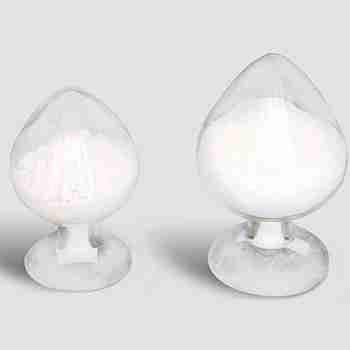
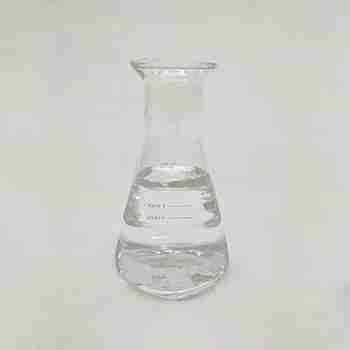
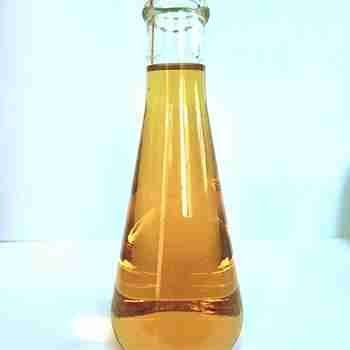
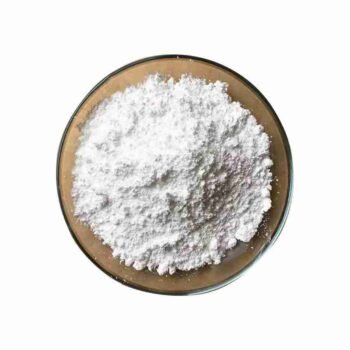

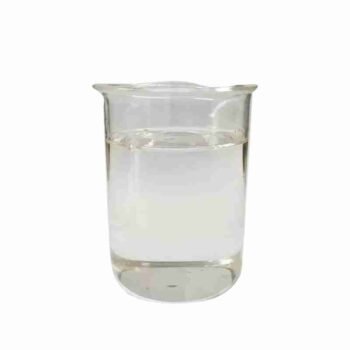
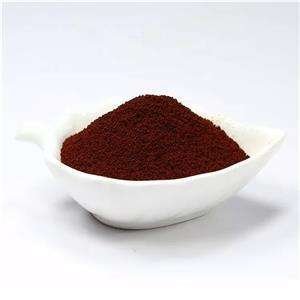
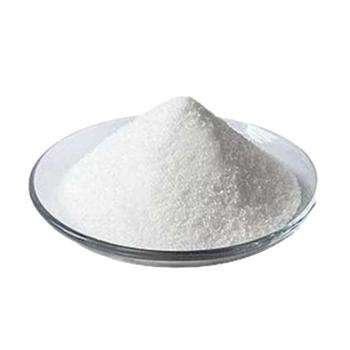
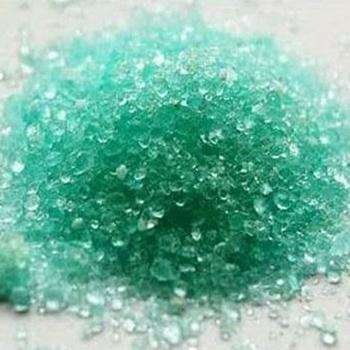

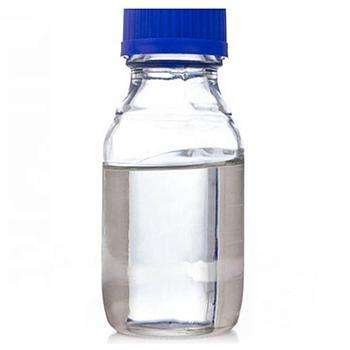


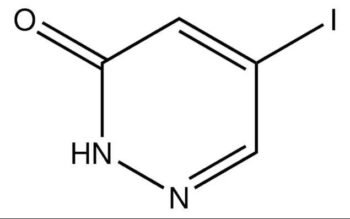
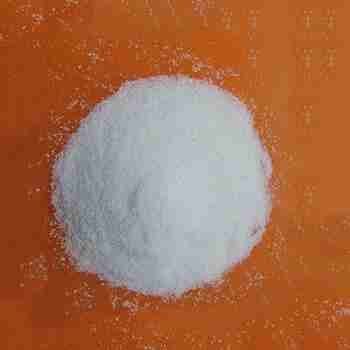
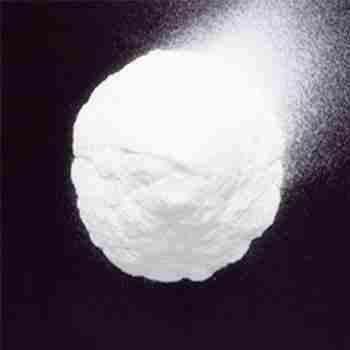
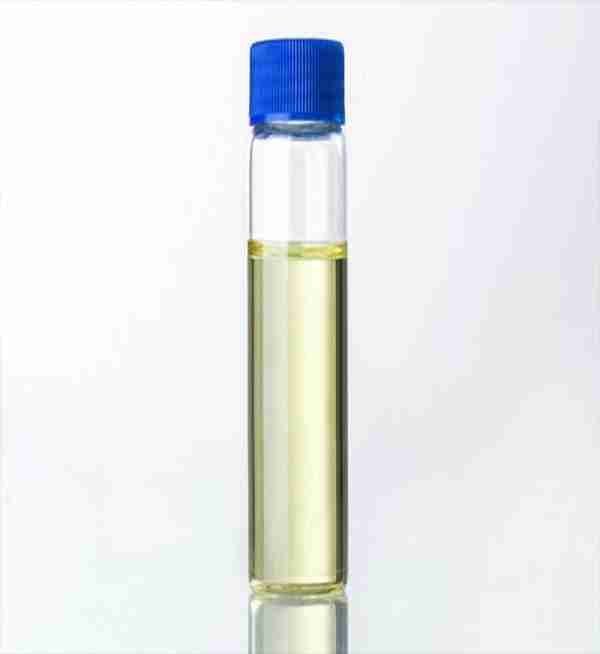
Reviews
There are no reviews yet.